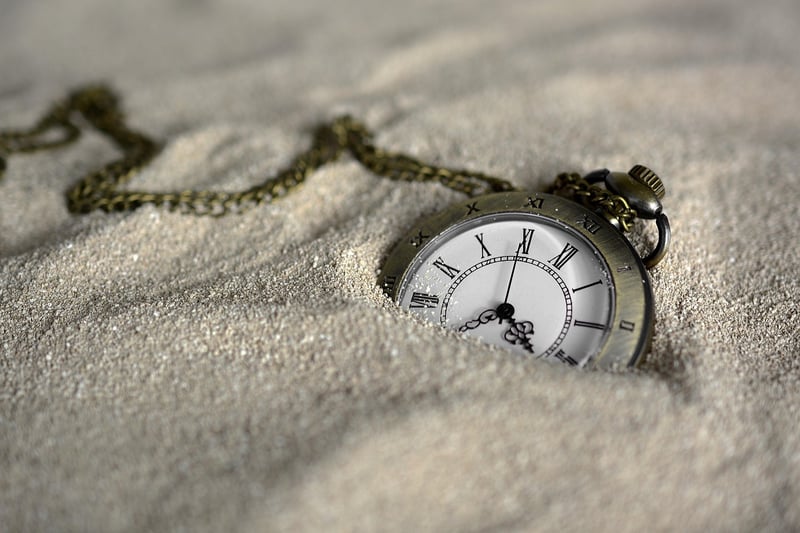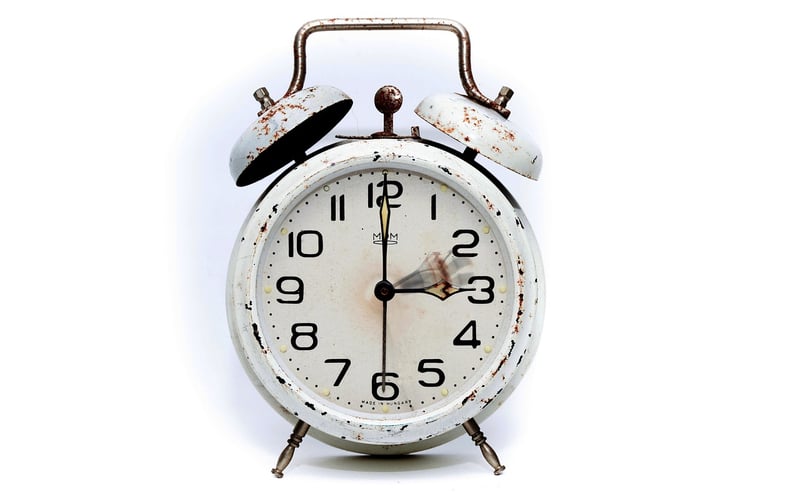Time-Travel Ethics
Unraveling the Mysteries of Time and Exploring Time-Travel Ethics
Time, an enigmatic concept that governs our lives, has always intrigued humanity. The idea of time travel, manipulating the very fabric of existence, has been a popular theme in science fiction. While time travel remains a theoretical concept, exploring its mysteries can be both fascinating and mind-bending.
The Fascination with Time Travel
From H.G. Wells' "The Time Machine" to modern movies like "Interstellar," the allure of time travel captures our imagination. The thought of revisiting the past, witnessing historical events, or venturing into the distant future sparks curiosity and wonder.

Theoretical Possibilities
Scientists have pondered the theoretical aspects of time travel. Concepts like wormholes, black holes, and the theory of relativity provide a glimpse into the potential mechanisms that could allow humans to traverse through time.
Paradoxes and Conundrums
Time travel raises intriguing paradoxes such as the grandfather paradox or the butterfly effect. The very act of altering the past could have unforeseen and drastic consequences on the present and future, leading to complex ethical dilemmas.
Exploring Time-Travel Ethics
As we delve deeper into the hypothetical realm of time travel, ethical considerations come to the forefront. Questions about altering history, impacting the course of events, or the rights and responsibilities of time travelers emerge.
Temporal Prime Directive
Similar to the Prime Directive in Star Trek, the idea of a Temporal Prime Directive suggests that interference with the natural flow of time should be avoided. Changing the past could disrupt the timeline and create unforeseeable consequences.
Butterfly Effect and Unintended Consequences
The butterfly effect, a concept from chaos theory, highlights how small actions can have significant impacts. Altering even a minor event in the past could lead to massive changes in the future, potentially causing harm or chaos.

Respecting Historical Integrity
Preserving the integrity of historical events and respecting the outcomes of past actions are crucial ethical considerations. Intervening in historical moments may distort the natural progression of society and deprive future generations of valuable lessons.
Conclusion
While time travel remains a tantalizing concept, unraveling its mysteries and exploring the associated ethics provide profound insights into our understanding of time, causality, and human responsibility. As we continue to ponder the possibilities of traversing through time, let us also reflect on the profound ethical implications that such journeys may entail.
